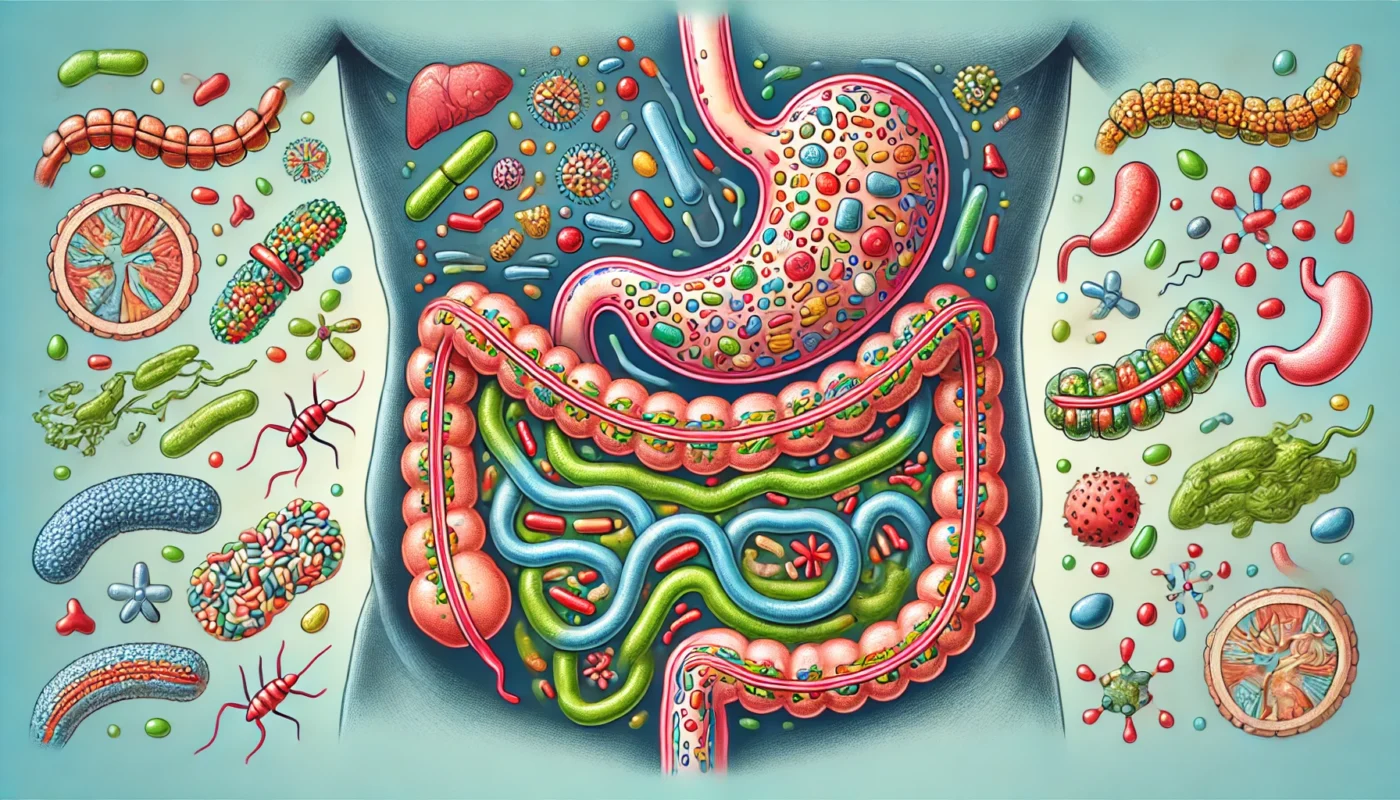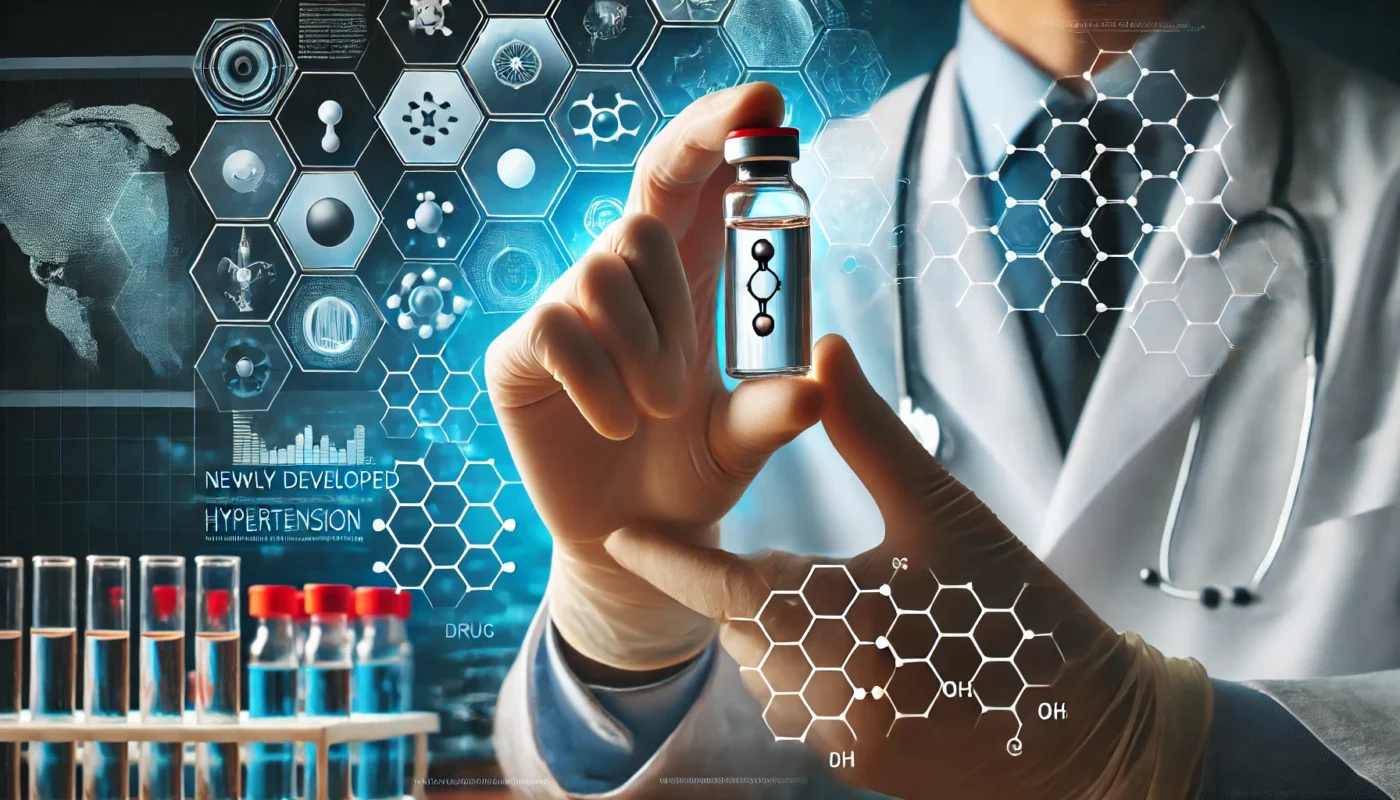Hypertension, or high blood pressure, is a leading global health concern that affects nearly 1.28 billion people worldwide, according to the World Health Organization (WHO). Left untreated, hypertension significantly increases the risk of heart attack, stroke, kidney failure, and other serious conditions. Despite the availability of effective medications and lifestyle interventions, many individuals struggle to control their blood pressure, underscoring the need for innovative solutions. Recent breakthroughs in hypertension treatment offer promising new strategies for managing this chronic condition. This article reviews cutting-edge research and developments in hypertension care, from advanced medications to novel technological approaches.
You May Also Like: How Companion Animals Can Help Reduce Hypertension

The Evolution of Hypertension Treatment
Over the past several decades, the management of hypertension has relied heavily on well-established pharmacological options such as diuretics, ACE inhibitors, beta-blockers, and calcium channel blockers. While these treatments are effective for many, they do not work for everyone, and some patients experience side effects or resistance to these therapies. This has driven researchers to explore new avenues for controlling blood pressure.
1. New Medications Targeting Resistant Hypertension
Resistant hypertension—blood pressure that remains uncontrolled despite the use of three or more antihypertensive medications—presents a significant clinical challenge. Recent developments in pharmacology have focused on addressing this unmet need.
Aldosterone Synthase Inhibitors
Aldosterone, a hormone that regulates salt and water retention, plays a central role in blood pressure regulation. Excessive aldosterone activity is implicated in resistant hypertension. Aldosterone synthase inhibitors, such as baxdrostat, are a new class of drugs designed to block aldosterone production without the side effects of traditional mineralocorticoid receptor antagonists.
- Evidence: A clinical trial published in The New England Journal of Medicine (2022) demonstrated that baxdrostat significantly reduced systolic blood pressure (SBP) by up to 20 mmHg in patients with resistant hypertension.
Dual-Acting Drugs
Combination drugs that target multiple pathways involved in blood pressure regulation are gaining traction. For example, new therapies combine angiotensin receptor blockers (ARBs) with neprilysin inhibitors to improve vascular health and reduce fluid retention.
- Key Development: Sacubitril/valsartan, originally developed for heart failure, has shown promise in lowering blood pressure in hypertensive patients who are not responsive to standard treatments.
2. Renal Denervation: A Revolutionary Procedure
Renal denervation (RDN) is a minimally invasive procedure that targets the overactive sympathetic nervous system, a key driver of hypertension. By ablating specific nerves in the renal arteries, RDN reduces the signals that contribute to elevated blood pressure.
- Evidence: A meta-analysis published in The Lancet (2021) found that RDN consistently lowered SBP by an average of 8–10 mmHg, with sustained benefits over 12 months. Unlike medications, RDN does not rely on patient adherence, making it an attractive option for individuals with resistant hypertension.
- Current Status: While RDN is not yet widely available, ongoing trials aim to establish its long-term safety and efficacy, potentially positioning it as a mainstream treatment for resistant hypertension.
3. Personalized Medicine in Hypertension
Personalized or precision medicine tailors treatment strategies to an individual’s genetic, environmental, and lifestyle factors. Advances in genomics and big data analytics are enabling more precise diagnoses and customized therapeutic approaches.
Pharmacogenomics
Pharmacogenomics examines how genetic variations affect a person’s response to medications. In hypertension management, genetic testing can identify individuals who are likely to benefit from specific drug classes or doses.
- Example: Genetic variants in the CYP3A5 gene influence the metabolism of calcium channel blockers. Testing for these variants allows clinicians to optimize treatment regimens.
Machine Learning and Predictive Analytics
Artificial intelligence (AI) and machine learning algorithms are being used to predict hypertension risk, identify treatment-resistant cases, and recommend personalized interventions.
- Application: A study in Nature Medicine (2020) demonstrated that machine learning models could predict which patients were likely to develop resistant hypertension with 90% accuracy, enabling earlier and more targeted treatment.
4. Advances in Digital Health Technologies
Digital health technologies are transforming the way hypertension is monitored and managed. These tools empower patients to take a proactive role in their care while providing healthcare providers with real-time data for informed decision-making.
Wearable Devices
Smartwatches and wearable blood pressure monitors are becoming increasingly sophisticated, offering continuous blood pressure tracking and integrating with health apps.
- Key Example: Devices like the Omron HeartGuide provide clinically validated blood pressure measurements, allowing users to monitor trends and share data with their physicians.
Mobile Health Apps
Mobile apps that incorporate evidence-based guidelines and behavioral interventions can improve treatment adherence and lifestyle changes.
- Evidence: A randomized controlled trial published in Hypertension (2020) found that individuals using a mobile app to track blood pressure and medication adherence experienced a 6 mmHg greater reduction in SBP compared to those receiving usual care.
5. Gut Microbiome and Probiotics
Emerging research highlights the gut microbiome’s role in blood pressure regulation. Dysbiosis, or an imbalance in gut bacteria, has been linked to hypertension, while probiotics show promise in improving gut health and lowering blood pressure.
- Evidence: A meta-analysis in Nutrition Journal (2018) found that probiotic supplementation reduced SBP by 3.6 mmHg and DBP by 2.4 mmHg, particularly when multi-strain formulations were used over an extended period.
- Potential Future Therapies: Fecal microbiota transplants (FMT) and prebiotic therapies are being explored as innovative approaches to restore gut health and manage hypertension.
6. Regenerative Medicine and Stem Cell Therapy
Regenerative medicine aims to repair or replace damaged tissues using stem cells or other biological materials. In hypertension, researchers are investigating how regenerative therapies can reverse vascular damage and restore normal blood pressure regulation.
- Breakthroughs in hypertension treatment: A study in Circulation Research (2021) demonstrated that stem cell therapy improved vascular elasticity and reduced blood pressure in animal models of hypertension. While human trials are in early stages, this approach holds significant potential for the future.

Breakthroughs in Hypertension Treatment: Nutritional Supplements
In addition to cutting-edge treatments, nutritional supplements are gaining recognition as complementary therapies for hypertension. Below are five supplements supported by scientific evidence:
1. Beetroot Powder
Beetroot is rich in nitrates, which improve blood flow and reduce arterial stiffness. A study in Nutrition Journal (2017) showed a 4 mmHg reduction in SBP after regular beetroot supplementation.
2. Magnesium Glycinate
Magnesium promotes relaxation of blood vessels and reduces vascular resistance. A study in Magnesium Research(2016) found that magnesium supplementation reduced SBP by 5 mmHg.
3. Coenzyme Q10 (CoQ10)
CoQ10 is a potent antioxidant that reduces oxidative stress and improves endothelial function. A clinical trial in Hypertension Research (2007) reported that CoQ10 supplementation lowered SBP by 11 mmHg.
4. Hibiscus Extract
Hibiscus promotes nitric oxide production, enhancing vascular relaxation. Research in The Journal of Nutrition (2010) demonstrated a 6 mmHg reduction in SBP with daily hibiscus tea consumption.
5. Omega-3 Fatty Acids
Omega-3s reduce inflammation and improve arterial health. A meta-analysis in Hypertension (2018) reported a 4 mmHg reduction in SBP and 3 mmHg in DBP with omega-3 supplementation.

Breakthroughs in Hypertension Treatment: Future Directions
As research and technology continue to advance, the future of hypertension management looks promising. Potential developments include:
- Gene Editing: Techniques like CRISPR could correct genetic mutations associated with hypertension, providing a permanent solution for some patients.
- Biomarker Discovery: Identifying new biomarkers for early detection and monitoring could revolutionize how hypertension is diagnosed and treated.
- Integrative Care Models: Combining traditional treatments with lifestyle interventions, digital health tools, and complementary therapies will provide a more holistic approach to hypertension management.

Conclusion
The landscape is evolving rapidly, with breakthroughs in hypertension treatment through pharmacology, technology, and personalized medicine offering new hope to patients. From advanced medications targeting resistant hypertension to digital health tools and microbiome-based therapies, these innovations have the potential to transform how high blood pressure is managed. By integrating these cutting-edge strategies with established treatments and lifestyle changes, individuals can achieve better blood pressure control and reduce the risk of complications. As research continues to uncover new possibilities, the future of hypertension care promises to be both innovative and empowering.
References
- The New England Journal of Medicine. (2022). Baxdrostat and blood pressure reduction in resistant hypertension. The New England Journal of Medicine. Retrieved from https://www.nejm.org
- The Lancet. (2021). Long-term efficacy of renal denervation in hypertension management. The Lancet. Retrieved from https://www.thelancet.com
- Nature Medicine. (2020). Machine learning models in hypertension prediction. Nature Medicine. Retrieved from https://www.nature.com
- Nutrition Journal. (2018). Probiotic supplementation and its effects on blood pressure. Nutrition Journal. Retrieved from https://www.biomedcentral.com
- Circulation Research. (2021). Stem cell therapy for vascular repair in hypertension. Circulation Research. Retrieved from https://www.ahajournals.org
Key TERMS for this article:
Hypertension, Resistant Hypertension, Renal Denervation (RDN), Pharmacogenomics, Digital Health Technologies, Gut Microbiome, Nutritional Supplements
Relevant and useful TAGS for this article:
Hypertension, Blood Pressure Management, Resistant Hypertension, Advanced Therapies, Renal Denervation, Personalized Medicine, Digital Health, Probiotics, Nutritional Interventions, Future Treatments
Important Note: The information contained in this article is for general informational purposes only, and should not be construed as health or medical advice, nor is it intended to diagnose, prevent, treat, or cure any disease or health condition. Before embarking on any diet, fitness regimen, or program of nutritional supplementation, it is advisable to consult your healthcare professional in order to determine its safety and probable efficacy in terms of your individual state of health.
Regarding Nutritional Supplements Or Other Non-Prescription Health Products: If any nutritional supplements or other non-prescription health products are mentioned in the foregoing article, any claims or statements made about them have not been evaluated by the U.S. Food and Drug Administration, and such nutritional supplements or other health products are not intended to diagnose, treat, cure, or prevent any disease.

